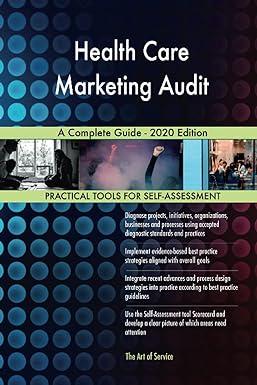Question
13. In the following ordinary annuity, the interest is compounded with each payment, and the payment is made at the end of the compounding period.
13. In the following ordinary annuity, the interest is compounded with each payment, and the payment is made at the end of the compounding period. Find the amount of time needed for the sinking fund to reach the given accumulated amount. (Round your answer to two decimal places.) $2500 yearly at 6% to accumulate $100,000.
14. In the following ordinary annuity, the interest is compounded with each payment, and the payment is made at the end of the compounding period. An individual retirement account, or IRA, earns tax-deferred interest and allows the owner to invest up to $5000 each year. Joe and Jill both will make IRA deposits for 30 years (from age 35 to 65) into stock mutual funds yielding 9.7%. Joe deposits $5000 once each year, while Jill has $96.15 (which is 5000/52) withheld from her weekly paycheck and deposited automatically. How much will each have at age 65? (Round your answer to the nearest cent.)
Joe's amount
Jills amount
15. In the following ordinary annuity, the interest is compounded with each payment, and the payment is made at the end of the compounding period. How much must you invest each month in a mutual fund yielding 11.9% compounded monthly to become a millionaire in 10 years? (Round your answer to the nearest cent.)
16. Calculate the present value of the annuity. (Round your answer to the nearest cent.)
$17,000 annually at 7% for 10 years.
Step by Step Solution
There are 3 Steps involved in it
Step: 1

Get Instant Access to Expert-Tailored Solutions
See step-by-step solutions with expert insights and AI powered tools for academic success
Step: 2

Step: 3

Ace Your Homework with AI
Get the answers you need in no time with our AI-driven, step-by-step assistance
Get Started


